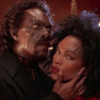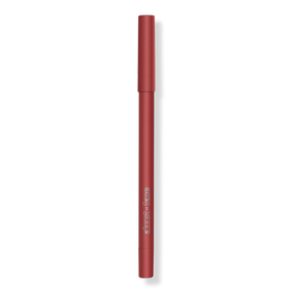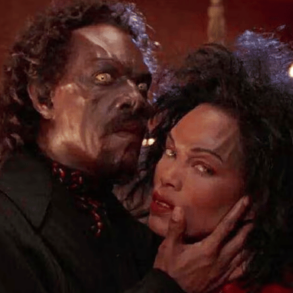Fashion Fair, the mother of Black cosmetics brands is back.
Considered the first large-scale Black cosmetics company, Fashion Fair is deeply rooted in embracing and uplifting Blackness. The last decade has seen a rise in Black women of power and status, and the one-size-fits-all approach to cosmetics is no longer a viable business strategy in today’s climate. Fashion Fair is credited with the first major cosmetics company to offer makeup in different hues for women of color. For the past 50 years, Fashion Fair has stood with Black women at the intersection of beauty and culture.
Initially the brain-child of Eunice Johnson, wife of Ebony magazine founder John H. Johnson, Fashion Fair was created to serve Black women. The brand almost met its end but was brought back to life by Desiree Rogers, the company’s new CEO and co-owner.
Rogers spoke with BLACK ENTERPRISE about the brand’s future, the Black beauty consumer and partnering with other Black women to embrace the culture. She was joined by Fashion Fair’s director of marketing Khalia Braxton. Who shed light on how Fashion Fair is making moves to center the needs of all Black women.
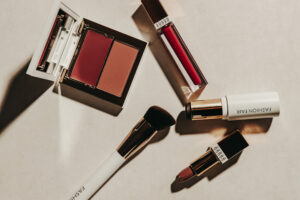
BLACK ENTERPRISE: Fashion Fair was created in 1973 and lost footing along the way. How did you come into the brand?
Desiree Rogers: My business partner and I purchased Fashion Fair out of bankruptcy. We were the lucky bidders. And so we have been working on the reimagined Fashion Fair for the last two years. Fashion Fair is currently in over 320 Sephoras and we just recently launched in 90 Macy stores.
How does the brand of today differ from its first iteration?
We now use natural ingredients, cruelty-free. We work with a Black dermatologist. Testing has been done on people that look like us. Shades range from very light beige to a black in terms of foundation and all of our products are made in the U.S.
We tried to take the DNA of the original company and then said, ‘What does that look like today?’ We think it has an opportunity to be cross generational.
What makes Fashion Fair special?
Our history. Fashion Fair was here before any of the other companies. The brand’s goal has always been to cherish and be inspired by the fashion, glamour, and beauty of black women.
As far as product we do a lot of work on our product’s undertone. Our dermatologist works on all of our foundations to ensure that no woman, man, or gender identification would struggle because they were a deeper skin tone.
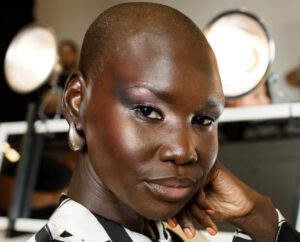
Studies show that the Black community is more likely to brand hop. What is Fashion Fair doing to sustain brand loyalty?
I am not against brand hopping. I would just like us to hop between brands that are Black-owned. I have multiple brands in my purse. I want to support my other brothers and sisters that happen to own makeup companies or hair companies. So we encourage people, especially our people, to invest more in the companies that are represented by people that look like them. It’s very important, and how we generate wealth in our own communities.
We should at least have 15% Black-owned products in each of our makeup bags.
We believe the same when it comes to jobs in the company. We’re really adamant about having 90% of our company look like us, women and Black people. Our suppliers, lawyers, product development, and public relations people look like us.
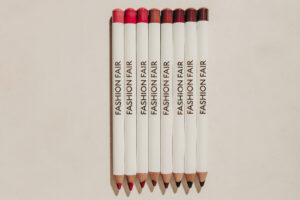
Anything you want the consumers to look for in Fashion Fair’s future?
Khalia Braxton: We’re working on projects that are at the center and important to Black women in particular, like Sergio Hudson’s fashion show. Fashion Fair is introducing one new product, which is our lip shaper. Also, our flex sticks, my favorite is hickory brown. It works great with a gloss. It’s great with a matte lip.
Next week we will be backstage for Hanifa’s bridal show. This is important for brand awareness. People say, “This is my mom’s make-up,” but it’s OK for something to be old. We love Chanel and Fendi. We’re showing that its OK to be 50 years old and still be relevant.
Rogers: Definitely. Also, it’s about supporting Black women. Hanifa is a Black fashion brand. Also, Its at a Black woman-owned resort. Three different organizations owned by Black women coming together to create this journey.
Fashion Fair is a legacy rising from the ashes.
RELATED CONTENT: Can The New Owners of Fashion Fair Give The Once-Iconic Brand A Business Makeover?
This post was originally published on this site be sure to check out more of their content.



